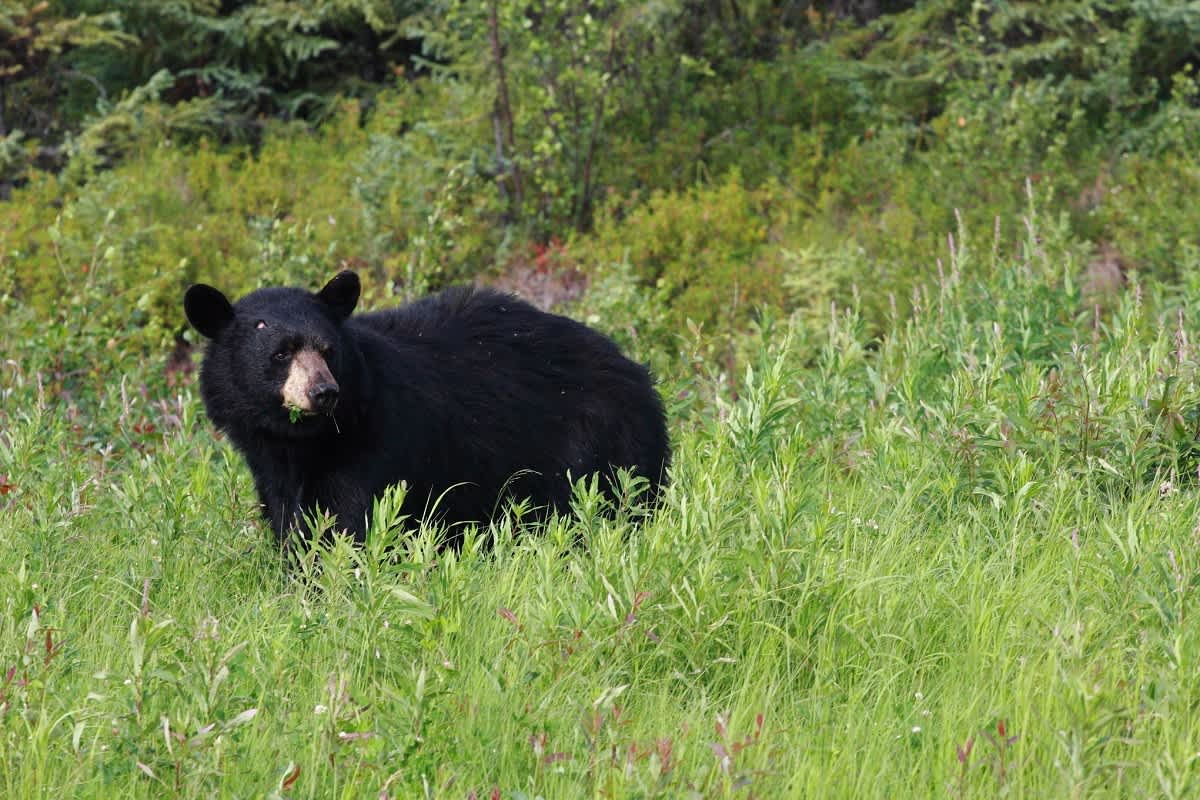“A Win for Science over Emotion”: Bear Hunters Victorious on Maine Ballot
Bernie Barringer 11.05.14

Yesterday, voters in Maine solidly defeated a ballot referendum that would have virtually eliminated the state’s ability to manage the bear population.
The referendum, known as Maine Question 1, would have banned hunting with bait, hounds, and trapping as management tools for controlling the state’s bear population. Hundreds of businesses and thousands of jobs rely on bear hunting in this heavily forested state, where any other type of bear hunting would be fruitless. As it is, with the use of hounds, baits, and cable restrain traps, success rates for bear hunters runs about 30 percent.
The Humane Society of the United States (HSUS), the nation’s largest animal rights activist organization, bankrolled the effort by setting up a group called Mainers for Fair Bear Hunting which gathered more than 70,000 signatures to put the issue on the ballot.
The state was bombarded with negative ads in every kind of media portraying the hunting methods as cruel, unneeded, and bad for bears. It is estimated that the Washington, DC-based HSUS spent between two and three million dollars on the failed effort. The ban went down to defeat by a margin of 52.3 to 47.7 percent.
Randy Cross, biologist with the Maine Department of Inland Fisheries and Wildlife (IFW) and nationally noted bear expert, said this was a big victory for wildlife management everywhere. “This was a win for science over emotion,” he said. “The facts were on our side but the facts were muffled by so much static and distortion. They challenged everything we said. It was a very difficult battle to get the truth across.”
The HSUS filed a lawsuit to stop the IFW from actively campaigning for the defeat of the referendum, contending that state money was being used in a political way, but Superior Court Justice Joyce Wheeler ruled that Mainers for Fair Bear Hunting failed to demonstrate that the department’s opposition to Question 1 caused “irreparable injury,” and that department employees’ free speech was protected under the First Amendment.
The ban came to be seen as a fight between hunters and anti-hunters rather than just a referendum on specific hunting practices. While 97 percent of the funds from the anti-hunters came from out of state, mostly through the HSUS, 39 percent of the money used in the campaign to defeat the initiative was raised within the state.
“This is a big win for bear management in Maine,” said Cross. “This would have been very bad for the people who live here and very bad for the bears. It was a big win for wildlife management everywhere.”

